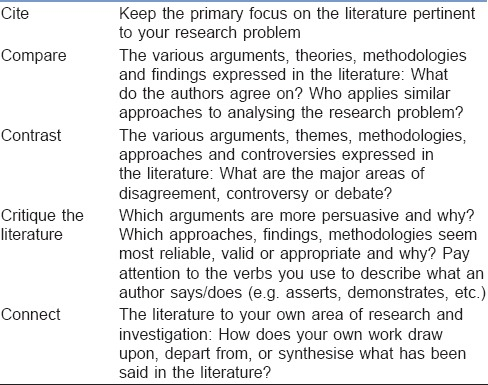Research
Skills
Emily Su
03/10/2022

Academic research is a crucial component of biological, health, and medical sciences. It is the driving force behind the creation of different vaccines and pharmaceutical drugs, which save millions of peoples’ lives each year. If you ever want to work on a research project in a formal setting, you will most likely encounter the following scenarios: convincing a laboratory supervisor to let you conduct your research or a funding body to support your research through grants. This is when you would write a research proposal to convince them why your research project is worth doing.
Before you start writing your proposal, you should do a preliminary reading of recent papers in your field of interest as well as have an idea of why your research project is important in the field. Reviews, which are papers that summarize studies in a particular field, are a great place to start reading to gain an understanding of the field. Some places to start finding research papers in the biomedical and life sciences include PubMed and Google Scholar.
General Format of a Research Proposal (Although the format can vary)
- Title Page (Proposal Title, Name, Institute)
- Introduction
- Review of Current Literature
- Methodology
- Implications
- Bibliography
Introduction
Start by giving background information about the research problem(s) your research project is aiming to investigate.
In this part, you want to emphasize why your research problem(s) matters and is important to study. You want to make your topic interesting to read.
State the purpose and significance of your research project. This will indicate what you want to achieve in your research and why you must conduct your research.
- You can also state your hypothesis that you wish to test.
Review of Current Literature
In this section of the proposal, mention past reviews and studies done on your research topic. Make sure that you are not listing out what was found or brought up in the papers but weaving them with one another like a story.
- Discuss the findings in previous reviews and studies and any insufficiencies mentioned by them that have yet to be solved, or experimental limitations.
- Connect previous literature back to your research project to help back up why your research will be pivotal in your research field. Some questions to consider: how does your research solve the insufficiencies found or mentioned by current literature? How will your research impact the research field?

The 4 C’s: What to keep in mind when reviewing current literature (Source: Sudheesh et al.)
Methodology
- In this section, describe how your research will be conducted.
- You will bring up any equipment you will need to use for your research, how your data will be collected, a realistic timeline, etc.
- Make sure to be as thorough and detailed as possible in this part!
Implications
- To end off your proposal, be sure to once again bring up how your research will add to existing knowledge and why it is significant.
The format will vary based on the person or group who will be reading your proposal. However, remember that the main goal of the proposal is to convince others why you should be working on your research project. Writing your first research proposal can be daunting (I have been there) but it will be easier as time goes by and as you write more proposals. Good luck!